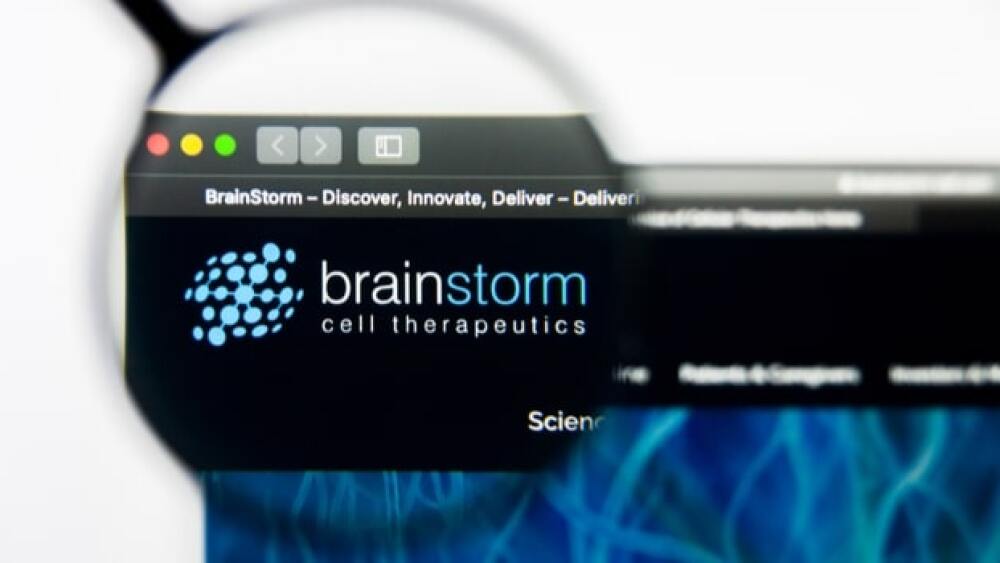The study involved observations in neurologic function, cognition and biomarkers in three repeated administrations of Nurown®, which were given two months apart.
Brainstorm Nurown. (Pavel Kapysh/Shutterstock)
BrainStorm Cell Therapeutics, one of the leading developers of adult stem cell therapies that mainly focuses on adult neurodegenerative diseases, recently reported that its 28-week-long Phase II clinical trial for progressive multiple sclerosis (MS) came to a close.
The study involved observations in neurologic function, cognition and biomarkers in three repeated administrations of Nurown®, which were given two months apart. The study reported no deaths among the 20 patients.
Thirty-eight percent of the patients treated with NurOwn showed at least a 10-point improvement in the MS Walking Scale (MSWS), 47% of the treated patients an 8-letter improvement in the low contrast letter acuity test (LCLA), a visual function test, and 67% showed at least a 3-point improvement in the symbol digit modality test (SDMT), a measure of cognitive processing.
NurOwn® is a form of autologous cellular therapy that is highly targeted towards the treatment of neurodegenerative diseases. The autologous neurotrophic factor-secreting mesenchymal stem cell (MSC-NTF) is directly from the patient’s bone marrow.
BrainStorm initializes the high secretion of NTF and harvests the differentiated MSCs. This cellular therapy does not involve any gene modifications, but works by targeting the disease pathways. Autologous MSC-NTF effectively delivers multiple NTFs and immunomodulatory cytokines directly to the site of damage to elicit a desired biological effect and ultimately slow or stabilize disease progression.
The Phase II trial of Nurown was first announced to take place in the first quarter of 2019. Having nine participants enrolled, the trial continued with the open-label, multicenter study of repeated intrathecal administration.
After an interim analysis by the Data Safety Monitoring Board (DSMB), the trial was permitted to continue its Phase II trials without any need for protocol modification. The goal of the Phase II trial was to understand the safety and effectiveness of this innovative cell therapy.
Dr. Ralph Kern, president of Brainstorm, mentioned that the positive results from the Phase II trials indicate “the ability of autologous cell therapy in lessening the inflammatory mechanisms, promoting repair, and restoring function in MS.”
“The results of this Phase II clinical trial provide strong support for the potential of NurOwn® to address the unmet clinical and biological need in progressive MS,” Kern said.
In MS, NurOwn® targets the repair of the myelin sheath, the lining that protects nerve fibers, which is the primary cause of MS. The progression of MS in patients is due to a damaging immune response, which is targeted by NurOwn® through the promotion of cellular and molecular shift towards anti-inflammation. As such, NurOwn® decreases the likelihood of damage and slows down the progression of the disease.





